Ovulation induction
What is ovulation induction treatment?
" With ovulation induction treatment, you take medications that encourage ovulation. It’s a popular first fertility treatment for women with irregular cycles or women who don’t have periods."
Key Points
You take medication which encourages the production of oestrogen.
Your body then produces additional hormones, which make the follicles in your ovaries grow.
These follicles contain eggs, which then mature and are released into your fallopian tube. This process is known as ovulation.
Who is ovulation induction for?
Ovulation induction can be used if you ovulate irregularly or not at all.
It may be a treatment choice if:
You are having trouble falling pregnant.
Your menstrual cycle is irregular or absent.
For example, this fertility treatment may be a good option for women with Polycystic Ovary Syndrome (PCOS). Women with PCOS can have irregular or altogether absent periods and ovulation.
"It is important to note that in order to use this fertility treatment, you need to have healthy fallopian tubes."
Ovulation induction step by step
You take hormones, either as oral medication or daily injections.
We take blood tests and you will have one or two transvaginal (internal) ultrasounds to establish the best time to conceive.
We then let you know the best time to have intercourse to conceive.
Following this, you take progesterone to help maintain the lining of the uterus and a pregnancy blood test is performed about two weeks later.
Ovulation induction vs IVF
IVF treatment differs significantly from ovulation induction. With IVF, a mature egg is artificially inseminated with sperm.
Ovulation induction does not use insemination; it relies on timed intercourse instead. It is important to note this method can increase your risk of a twin pregnancy. A twin pregnancy can potentially cause certain pregnancy-related complications.
The increased risk of a multiple pregnancy is due to more than one egg being released in a cycle. The medication can result in multiple follicles developing and maturing in a single cycle. You are therefore monitored to ensure no more than two eggs are released during ovulation.
What if ovulation induction doesn’t work?
If this treatment does not result in pregnancy, there are many more options for you to explore. They include intra uterine insemination (IUI), in vitro fertilisation (IVF), or in vitro maturation. The success rate of ovulation induction depends on your individual situation. Talk to the specialists at our clinic to find out if it’s the appropriate treatment for you.

















